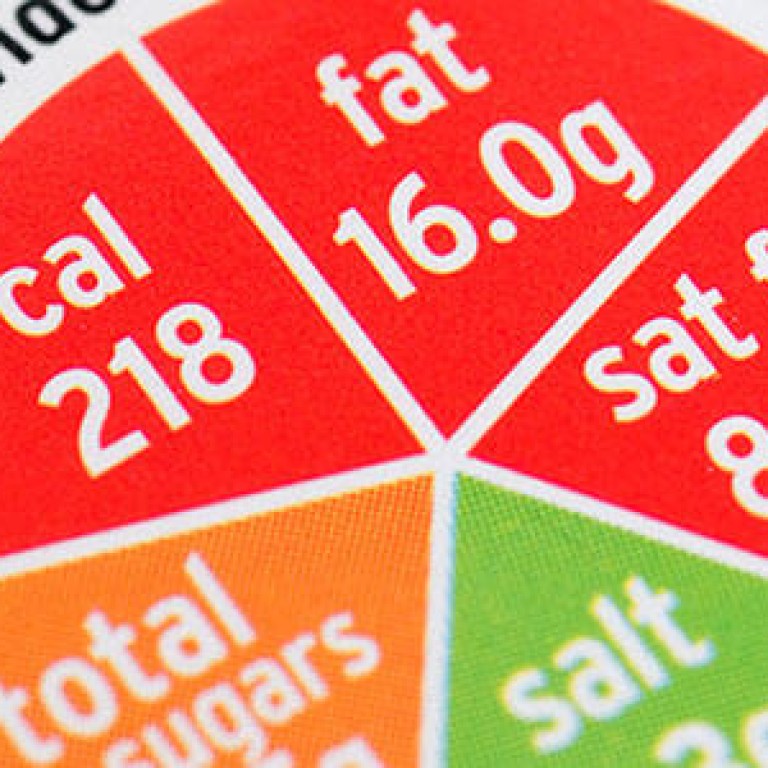
Colour-coded labels on foods; prostate and breast cancer linked
Traffic light labels that indicate the overall "healthiness" of a food product are more effective in helping consumers resist high-calorie foods than the traditional information-based label, according to a new German study published in the journal "Red" symbolises a high percentage of fat, sugar or salt; "green" a lower percentage, and "yellow" falls in the middle. Scientists at the University of Bonn observed 35 adult participants lying in a brain scanner as they made purchase decisions for 100 products from chocolate to yogurt to ready-to-serve meals. Participants were willing to pay significantly more money for the same product when the traffic light label was "green" - and less money for a "red" label - compared with an information-based label. "You can conclude that the traffic light label acts as a reinforcer: the health relevance of the ingredients is weighed more heavily into purchasing decisions compared to simple nutritional information," says one of the study's authors, Laura Enax.

Remember when a pregnant mum was told she's eating for two? Think again. Excessive pregnancy weight gain has been linked with greater overall and abdominal body fat in children - and about a 300 per cent increased risk of the child's obesity at age seven - in new research by Columbia University's Mailman School of Public Health. The study was based on data from more than 720 African-American and Dominican mothers who were part of another Columbia study from 1998 to 2013. Findings are published online in the journal .

Having a family history of prostate cancer among first-degree relatives may increase a woman's risk of developing breast cancer, according to a new study that appears online in the journal . The study used data from more than 78,000 women enrolled in the Women's Health Initiative Observational Study in the US between 1993 and 1998, and had a follow-up in 2009. Results indicated that having a family history of prostate cancer in first-degree relatives (fathers, brothers and sons) was linked with a 14 per cent increase in breast cancer risk for women, after adjusting for various patient factors. A family history of both breast and prostate cancer was linked with a 78 per cent increase in breast cancer risk.

